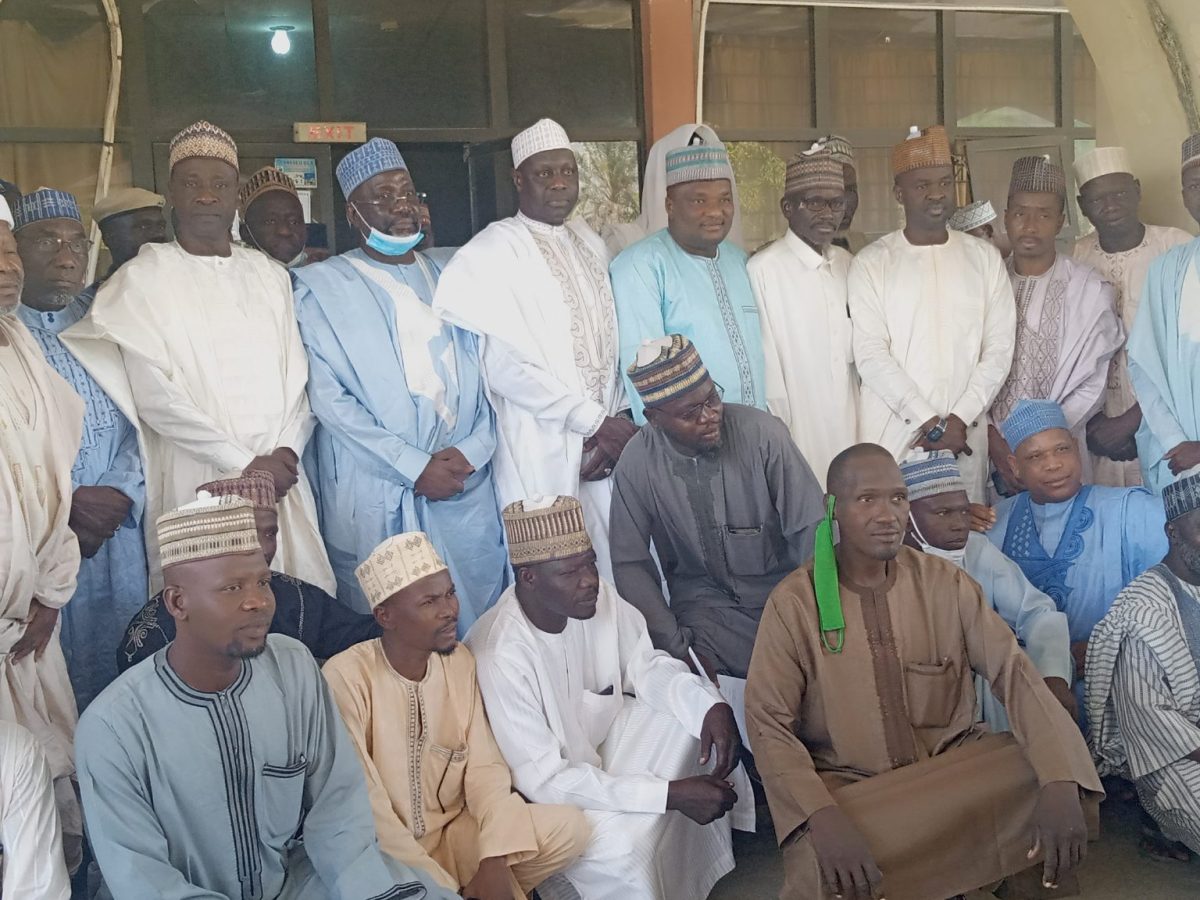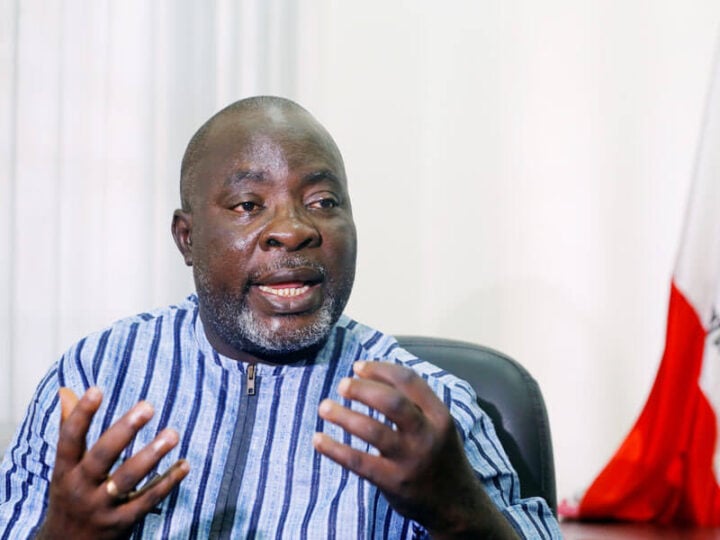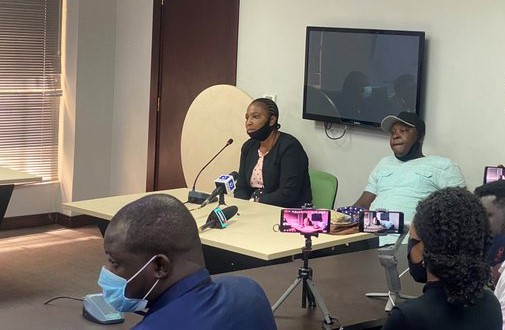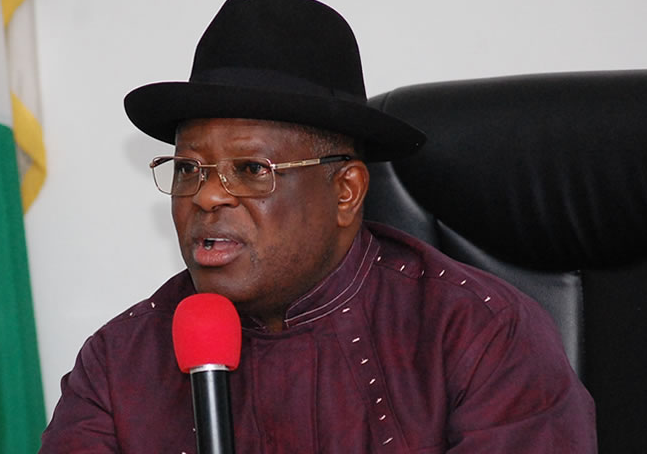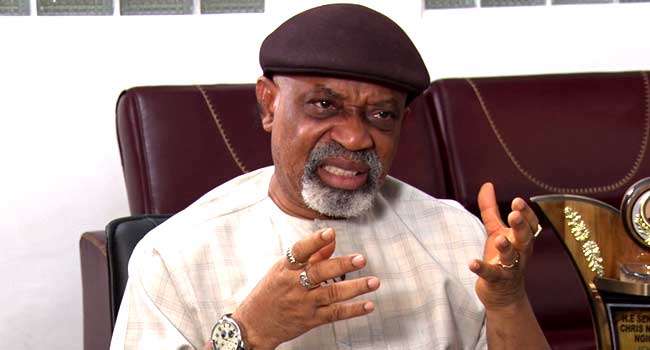A Coalition of Islamic scholars in Kano has called on the state assembly to make a law for the punishment of those who commit blasphemy.
The coalition made the call during a courtesy visit to Abdulazeez Gafasa, speaker of Kano house of assembly.
Speaking during the visit, Ibrahim Muazzam, a member of the coalition, said the need for the law to punish blasphemers was agreed upon during a recent public lecture over the “blasphemy” against Prophet Muhammad by President Emmanuel Macron of France.
Muazzam said to prevent the breakdown of peace in Kano, it is necessary for a law to be in place to punish those who commit blasphemy.
Advertisement
He said the coalition embarked on consultation to prevent any “hard reaction” that might trail the comments made by the France president against Prophet Muhammed.
“Our resolutions include that the state government should replace the teaching of French language in all schools with Arabic language,” he said.
“Muslims should boycott French products as well as their economic, financial and political interests until France is pulled down to its knees.
Advertisement
“Muslims worldwide should consider Macron and his administration as paragons of Islamophobia.
“Muslims should re-affirm their faith in, and love of, prophet Muhammad (Upon Whom is Peace) and should strive to spread his message and character of mercy and peace.
“United Nations Organization (UNO) to prevail upon its agencies as well as international NGOs to desist from supporting all acts of blasphemy and to caution them that freedom of speech does not extend to infringement on other people’s faith.”
In his response, the speaker said the assembly supports the resolutions of the coalition, adding that the assembly would make laws to support existing peace and unity in the state.
Advertisement
“We are fully in support of the resolution, and we are going to do everything within our power to ensure the enactment of the law, and also the enforcement,” Gafasa said.
“In those areas that we have no power over it, we are going to write to the relevant authorities on the issue.”
Add a comment
